-
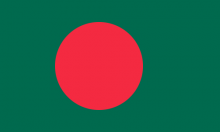
The political crisis in Bangladesh had deepened further with the BNP-led 18-party opposition alliance’s call for a “March for Democracy” rally on December 29. More than seven hundred opposition party supporters were detained, and many more were arrested at different entry points to Dhaka since December 26. One person died during a clash between opposition party activists and security forces in Dhaka on December 29.
-
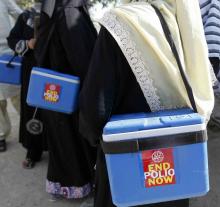
In late November 2013, doctors working for the Kurdish Red Crescent in Syria traced a deadly strain of poliovirus to Pakistan. The vectors of the virus are unknown, but the needle of suspicion is on the Jihadi elements who have traveled all the way to Syria from the tribal badlands of Pakistan where a government polio eradication campaign has been marred by Taliban zealots for the past many years.
-
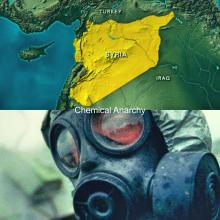
In his famous 1990 essay in Foreign Affairs, Charles Krauthammer declared that the unipolar moment had arrived. He listed a few reasons to support his argument: there was no challenging power, nor was there likely any in the few decades, no power dispersion at the international level, and the former Soviet Union’s capacity was in decline. Thus, Krauthammer emphasised that at that time, there was no first-rate power in the world that could match the capacity of the US.
-
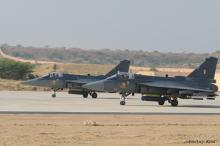
December 20, 2013, will be marked as a proud day for India and its military scientific and industrial sectors as the indigenously designed and developed Tejas (India’s light multi-role fighter aircraft, known as LCA) gets its second and most important initial operational clearance (IOC). While the final operational clearance (FOC) will take about 18 months, after which Tejas will be formally a part of combat forces of the Indian Air Force (consequently by the Indian Navy as well), the process of induction of Tejas into IAF is now a reality after IOC.
-
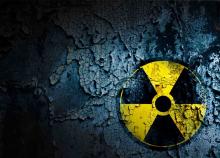
The protracted rivalry between India and Pakistan had reached its lowest ebb and virtually plumbed new depths when both countries detonated a series of nuclear devices way back in May 1998. This overt gesture and successive developments (such as Kargil) made the region a major nuclear flashpoint in the world. After six years, two warring neighbours have decided to sit across the table to hammer out the much-needed confidence-building measures (CBMs).
-
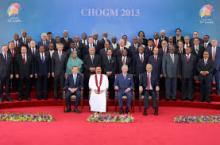
India’s external affairs minister, Mr Salman Khurshid, went to Sri Lanka to replace Prime Minister Dr Manmohan Singh in the Commonwealth Heads of Government Meeting (CHOGM) conclave in November 2013. This decision by the government of India speaks volumes about how regional politics and associated narrow political compulsions adversely impact national security policymaking. Regrettably, the politics of Tamil Nadu is more about tokenism than actually helping the cause of Tamilans in Sri Lanka.
-
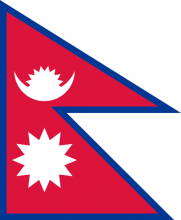
With less than a fortnight left for the second Constituent Assembly (CA) elections, which are scheduled to be held on November 19, uncertainly looms large over their peaceful conduct and the framing of the Constitution. This has resulted in a lack of enthusiasm from people towards participation in the elections. People across the country also question the legitimacy of the elections, given the boycott of the CPN-Maoist-led 33-agitating political parties and their demand for holding the polls under a legitimate government.
-
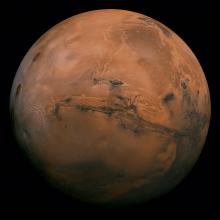
India’s first-ever Mars mission would begin its travel towards the Red Planet on November 5, 2013. It would take around nine months for this satellite to reach Mars orbit and start taking the observations. The Polar Satellite Launch Vehicle (PSLV-C25) rocket with Mars Orbiter Spacecraft onboard will be launched from Sriharikota (Andhra Pradesh) coast, nearly 50 miles north of Chennai city.
-
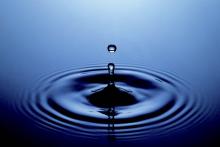
While the world is gradually moving towards a green economy, Orissa is seen to be embracing a brown economy. Depending on the likes of Vedanta, POSCO, batteries of sponge iron, and coal companies, which have demonstrated negligible social and environmental sensitivities, the state government intends to allocate exclusive water to such industries. On August 5, the state cabinet approved a proposal to create a 'water conservation fund' from the monetary contribution of industries which use the water from October to June.
-
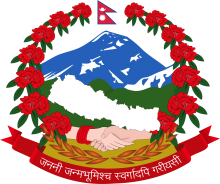
The second constituent assembly (CA) elections in Nepal, slated for November 19 this year, were to give some hope to the politically frustrated masses and bring the derailed transitional political process back on track. But that did neither.
Paxton ported to drupal by DropThemes.in